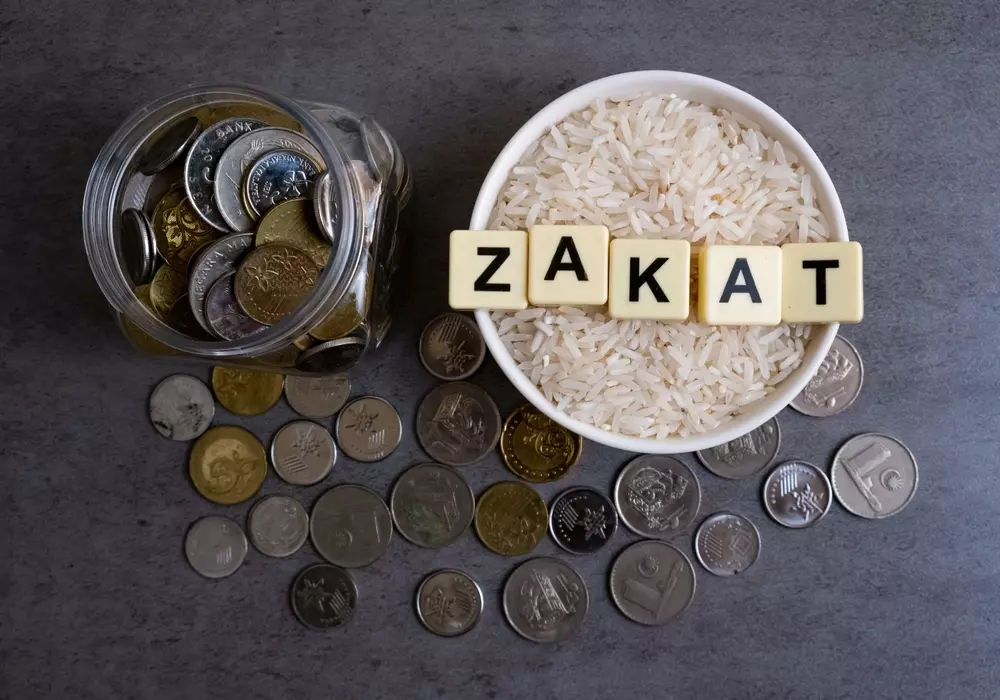Ramadan is the best time for self-reflection. This is a month of blessings, carrying multiple spiritual benefits. Dua makes it easy for believers to achieve self-purification besides other Ramadan goals. As an Arabic word implying invocation or calling out, dua is a sincere supplication to beseech the Lord in all personal matters. Dua is a conversation between the creation and the Creator in which the believers put their needs before the Almighty Allah (SWT), asking His help to resolve their problems. The teachings of the faith in the noble Quran and hadith highlight the importance of dua in a Muslim’s life. Allah (SWT) says in the Quran:
“And your Lord says, ‘Call upon Me; I will respond to you.’ Indeed, those who disdain My worship will enter Hell [rendered] contemptible.” [40:60]
To humble oneself to Allah (SWT) in prayers is a commendable act of worship. In a hadith, the Prophet (SAW) said:
“Dua is worship.”
Significance of Dua in Ramadan
Dua takes on a special dimension during Ramadan when there are particular moments of acceptance in the fasting days and nights. According to hadith, the dua of a fasting person is not rejected when made close to the time of breaking the fast.
“There are three whose dua is not rejected: a just ruler, the fasting person when he breaks his fast and the prayer of the oppressed person. It rises above the clouds, and the gates of heaven are opened for it, and the Lord, may He be glorified, says, ‘By My Glory I will answer you even if it is after a while’.” [Sahih al-Tirmidhi 2050]
Dua for Breaking the Fast in Ramadan
There are several duas taken from the Sunnah of the Prophet (SAW), which are recommended to be recited at different times during Ramadan. The dua to break the fast in Ramadan is as follows:
ذَهَبَ الظَّمَأُ وَابْتَلَّتِ الْعُرُوقُ وَثَبَتَ الأَجْرُ إِنْ شَاءَ اللَّهُ
“Dhahaba al-zama wa’btalat al-‘uruq wa thabata al-ajr in sha Allah” [Abu Dawud: 2357] (Thirst is gone, the veins are moistened, and the reward is certain if Allah wills).
There is another Ramadan-breaking fast dua, but it is considered less authentic according to scholars. It is believed that some companions used to make the following dua for breaking fasting in Ramadan.
“Allaahumma laka sumtu wa ‘ala rizqika aftartu (O Allah, for You I have fasted and by Your provision I have broken the fast).”
Dua for Beginning the Fasting Month
There is a recommended dua before beginning or breaking fast in Ramadan. It is the supplication recited at the time of sighting the new moon of the Islamic month. According to authentic reports, The Prophet (SAW) used to make the following dua on seeing the new moon of Ramadan:
اللَّهُمَّ أَهْلِلْهُ عَلَيْنَا بِالْيُمْنِ وَالإِيمَانِ وَالسَّلاَمَةِ وَالإِسْلاَمِ رَبِّي وَرَبُّكَ اللَّهُ
“Allahumma ahlilhu `alainā bil-yumni wal-iman, was-salamati wal-Islam, rabbi wa rabbuk Allah.” [Tirmidhi: 3451](O Allah, bring it over us with blessing and faith, and security and Islam. My Lord and your Lord is Allah).
Dua for Laylat-al-Qadr
The Prophet (SAW) taught the below-mentioned dua to Aishah to recite on the night of Qadr.
اللَّهُمَّ إِنَّكَ عَفُوٌّ كَرِيمٌ تُحِبُّ الْعَفْوَ فَاعْفُ عَنِّي
“Allahumma innaka Afuwwun [Karimun ] tuhibbul afwa fafu annee.”(O Allah, indeed, You are Pardoning, [Generous,] You love pardon, so pardon me). [Tirmidhi: 3513]
Other Recommended Dua
There are some other duas mentioned in the Quran and hadith, which are highly recommended to be recited during Ramadan and at other times.
Ramadan breaking fast dua for the host:
أفطر عندكم الصائمون ، وأكل طعامكم الأبرار ، وصلت عليكم الملائكة
“May fasting people break their fast with you, may the righteous eat your food, and may the angels send blessings upon you.” Abu Dawood (3854)
Dua for goodness and redemption:
رَبَّنَآ ءَاتِنَا فِى ٱلدُّنْيَا حَسَنَةًۭ وَفِى ٱلْـَٔاخِرَةِ حَسَنَةًۭ وَقِنَا عَذَابَ ٱلنَّارِ
“Our Lord, give us good in this world and good in the Hereafter, and save us from the punishment of Fire.” [2:201]
Dua for family:
رَبَّنَا هَبْ لَنَا مِنْ أَزْوَٰجِنَا وَذُرِّيَّـٰتِنَا قُرَّةَ أَعْيُنٍۢ وَٱجْعَلْنَا لِلْمُتَّقِينَ إِمَامًا
“Our Lord, Give us, from our spouses and our children, comfort of eyes, and make us heads of the God-fearing.” [25:74]
The believers are encouraged to make a great deal of dua. According to a hadith, supplication is granted in various ways. The one who supplicates in prayer is not returned empty-handed. In the words of a hadith:
“There is no Muslim who calls upon Allah with words in which there is no sin or severing of family ties, but Allah will give him one of three things: either He will answer his prayer soon, or He will store it up for him in the Hereafter, or He will remove something bad from him that is equivalent to what he is asking for.” They said, “Then we should make a great amount of dua’.” He said, “Allah is greater.” [Tirmidhi, 3573]
Dua is a beautiful deed; it allows the believers to accumulate the reward of worship while serving as a means of asking for what they need in their lives. The fasting month is the ideal time for supplicating to the Lord. Keep on making a lot of dua this Ramadan and invoke divine help for your pressing needs. In addition to making dua, be sure to fulfil your duty to Allah (SWT) this Ramadan by donating to Charity Meals.



